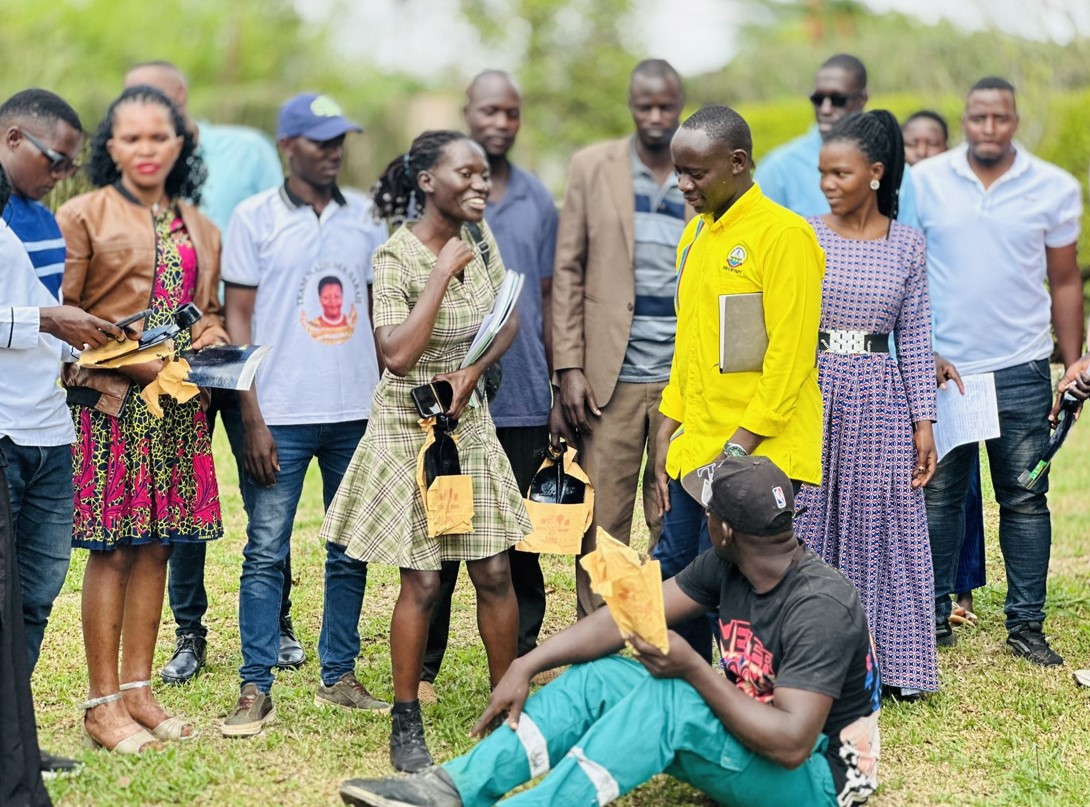By Samuel Begira
Youth unemployment remains one of Uganda’s most pressing challenges. With over 70% of the population under the age of 30 (Uganda Bureau of Statistics), the urgency of equipping young people with employable skills has never been greater.
While Uganda has made significant strides in its development journey, much work remains to ensure that its youthful population is productive and actively contributing to nation-building.
Initiatives like the Presidential Industrial Skilling Hubs offer hope, providing thousands of young Ugandans with hands-on skills training to transform their lives and futures.
The Youth Unemployment Crisis
Gone are the days when a degree alone guaranteed a livelihood. Today, Uganda’s job market demands artisans, technicians, and innovators—individuals who can fix an engine, stitch a gown, code an app, or build a solar panel. As the nation advances in infrastructure, agriculture, and technology, its youth must keep pace.
These skills are not just about survival; they are the foundation of nation-building. A welder contributes to road construction. A tailor stitches uniforms for nurses. An IT graduate digitises local businesses. This is the heartbeat of progress.
Yet, Uganda’s youth unemployment rate stands at a staggering 13.3%, with underemployment affecting an even larger portion of the population. Many young people graduate from schools and universities only to find their qualifications misaligned with the demands of the job market. This mismatch has left countless youth disillusioned and struggling to earn a sustainable income.
The solution to this crisis lies in not only creating more jobs but also equipping young people with practical, marketable skills that enable them to create their own opportunities.
As the saying goes, “Give a man a fish, and you feed him for a day. Teach a man to fish, and you feed him for a lifetime.” This timeless adage underscores the importance of skills development as a long-term strategy for addressing youth unemployment.
The Role of Presidential Industrial Skilling Hubs
Recognising the urgency of this issue, President Yoweri Kaguta Museveni launched the Presidential Industrial Skilling Hubs in 2020. These hubs provide free hands-on training in high-demand trades such as carpentry, welding, tailoring, mechanics, and information technology.
The goal is clear: to empower youth with practical skills that are directly applicable to the job market, enabling them to start their businesses or secure gainful employment.
Under the stewardship of State House Controller Madam Jane Barekye, the skilling hubs are strategically located across the country, ensuring even those in rural areas have access to training.
Ms. Barekye’s hands-on oversight ensures the programme remains grounded in community needs. By focusing on vocational and technical skills, the initiative bridges the gap between theoretical education and practical expertise—a critical step towards fostering self-reliance and economic independence among young people.
The Importance of Youth Involvement in Skills Acquisition
While the government’s initiatives like the skilling hubs are a step in the right direction, the responsibility also lies with young people to seize these opportunities. Acquiring skills is not just about earning an income; it is about contributing to the broader goal of nation-building.
Uganda has come a long way in its development journey, but challenges such as poverty, infrastructure deficits, and limited access to essential services persist. By equipping themselves with relevant skills, young people can play a pivotal role in addressing these challenges and driving the country forward.
For instance, a young person trained in construction can contribute to building roads, schools, and hospitals. A youth skilled in agriculture can help boost food security and increase exports.
Similarly, those trained in information technology can drive innovation and position Uganda as a competitive player in the global digital economy. The possibilities are endless, but they all begin with a commitment to learning and self-improvement.
Youth as Nation Builders
Uganda’s development journey—marked by new roads, expanding healthcare, and technological advancements—is undeniable. But the road ahead is long. The country needs skilled hands to bridge gaps in infrastructure, healthcare, and sustainability. This is not solely the government’s duty but a rallying cry for the youth to own their role in this story.
Critics who argue that skilling is “for those who failed school” must shed this outdated—and dangerous—mindset. In Germany, vocational skills drive the economy. In Rwanda, youth tech hubs are birthing startups. Uganda’s Presidential Skilling Hubs offer the same potential—if young people recognise their value. As Madam Jane Barekye often says, “A skill is a seed. Plant it, nurture it, and it becomes a forest.”
Fellow youth, the President’s message is clear: Take ownership of your future by acquiring skills that enable you to earn an income and contribute meaningfully to Uganda. The Presidential Industrial Skilling Hubs provide a valuable platform for this, but it is up to you to seize the opportunity.
As Uganda continues on its development journey, the active participation of its young population will be the driving force behind the country’s success—paving the way for a brighter, more prosperous future.
![]()
























